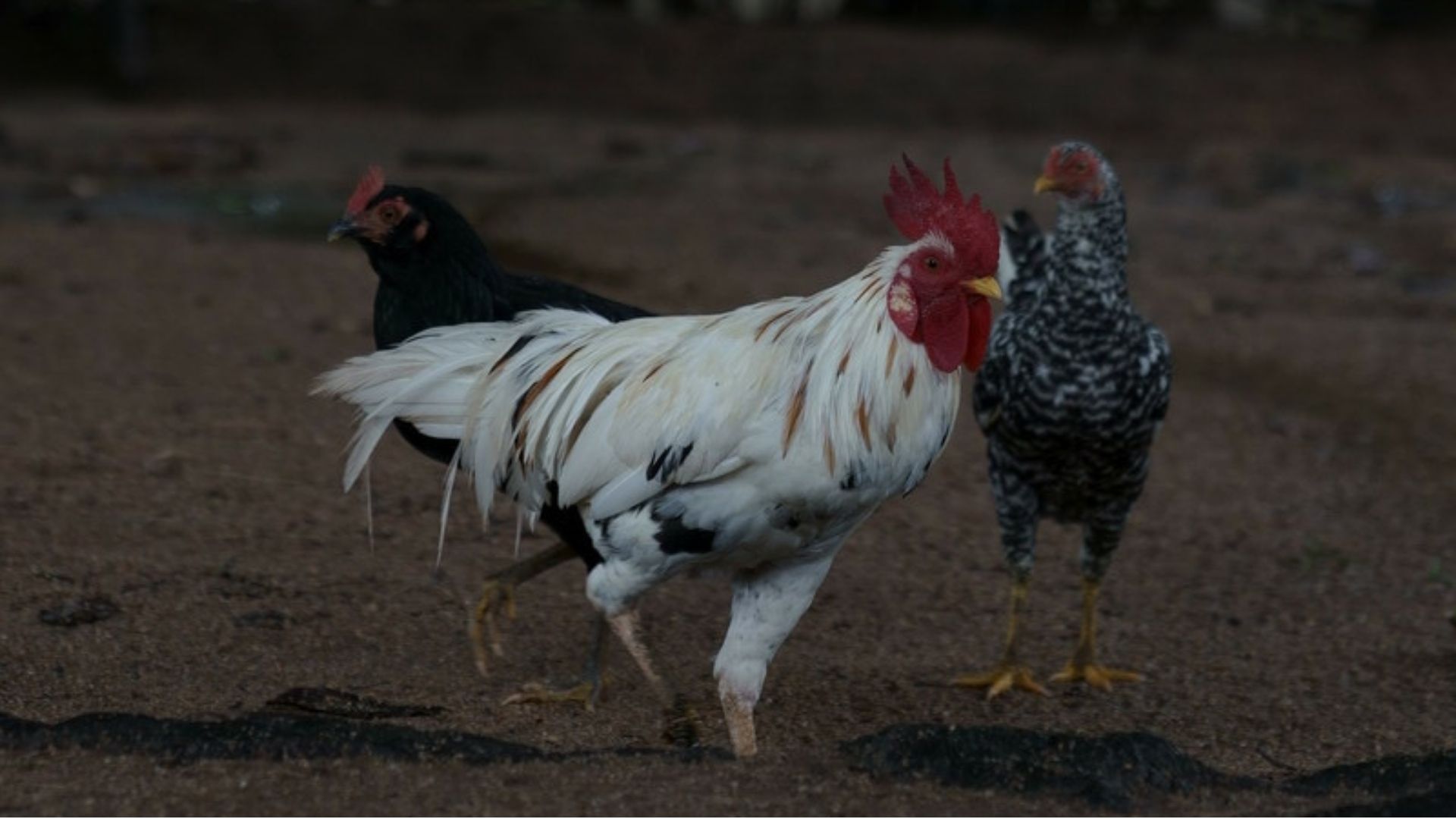The accelerating climate crisis is already hitting the world’s most vulnerable hardest. It puts livelihoods at risk and increases economic precariousness. It leads to greater insecurity, food security, scarcity of water and more internal and external migration. These factors together increase pressure on families, leaving children increasingly vulnerable to institutionalisation.
Read our key recommendations on how eliminating orphanages is linked to progress on Strategic Development Goal 13 (SDG13) Climate Action:
As the climate crisis hits, communities are weakened. Weakened communities are less resilient and able to support families in difficulty. Domestic violence and violence against children thrive as the social fabric is put under pressure and systems break down.
The role of climate change in the care reform process
Governments are under increasing pressure to respond to the immediate impact of the crisis. In this context, long term planning and structural processes such as care reform can seem less of a priority when in fact the reverse is true. It is vital that funding is not redirected from issues of child protection or social protection, as strengthening family and community resilience is critical to climate change adaptation strategies.
Care reform won’t address the root causes of climate change, but it contributes to measures to protect communities against the impact of climate change through specific elements of crisis/disaster preparedness and response.
Global initiatives to tackle climate change must keep sight of the need for a people-centred and human rights-based approach. Investing in a process that puts the child and families at the heart of resilient communities should form integral part of any effort to fight climate change.
